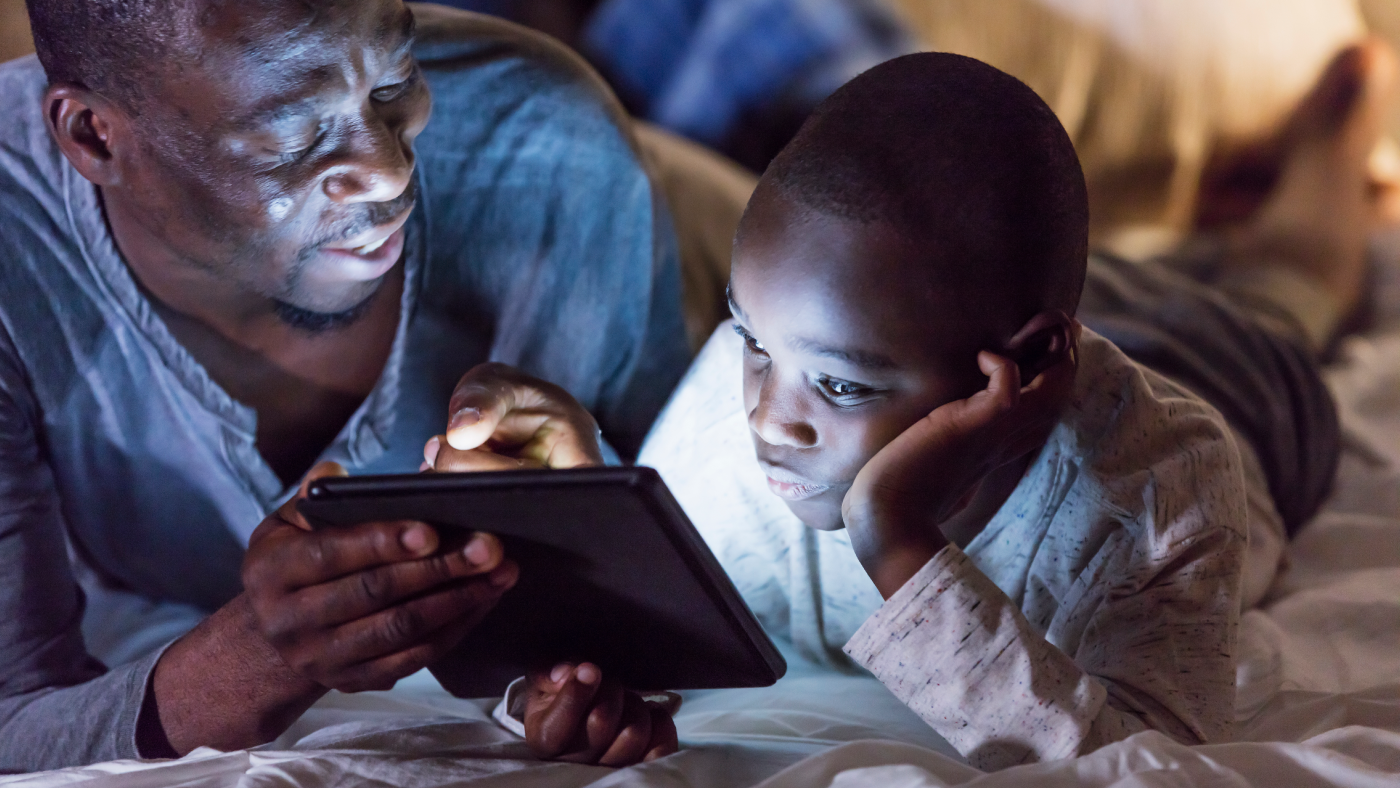
Many Turn to YouTube for Children’s Content, News, How-To Lessons
An analysis of Youtube videos suggested by the site's recommendation engine finds that users are directed toward progressively longer and more popular content
An analysis of Youtube videos suggested by the site's recommendation engine finds that users are directed toward progressively longer and more popular content
Some 44% of liberal Democrats say they have used social media in the past year to encourage others to take action on an issue that was important to them. A similar share (43%) have taken part in a group that shares their interest in a cause.
Some 15% of U.S. households with school-age children do not have a high-speed internet connection at home. Some teens are more likely to face digital hurdles when trying to complete their homework.
Aside from voting, relatively few people take part in other forms of political and civic participation. But a 14-country survey finds that some could be motivated to participate on issues like health care, poverty and education.
About two-thirds of Americans have heard about social media bots. Many are concerned that bots are used maliciously and negatively affect how well-informed Americans are about current events.
Amid ongoing discussions about sexual harassment in the workplace and beyond, read five findings about how these issues have been discussed on Twitter and other social media outlets in the past year.
This sortable table provides data for levels of internet use, cellphone ownership, smartphone ownership and social media usage from 2013 to 2017 by country, highlighting the countries surveyed in sub-Saharan Africa.
Most in the region feel positively about the role the internet plays in their countries, but long-standing digital divides between internet haves and have-nots persist.
The use of digital technology has had a long stretch of rapid growth in the United States, but the share of Americans who go online, use social media or own key devices has remained stable the past two years.
Roughly six-in-ten U.S. teens have been bullied or harassed online. Senior Researcher Monica Anderson discusses the methods and meaning behind the data.

Roughly four-in-ten Americans have experienced online harassment. Growing shares face more severe online abuse such as sexual harassment or stalking.
Two-thirds of parents in the U.S. say parenting is harder today than it was 20 years ago, with many citing technologies, like social media or smartphones, as a reason.
From distractions to jealousy, how Americans navigate cellphones and social media in their romantic relationships.
Majorities of U.S. adults believe their personal data is less secure now, that data collection poses more risks than benefits, and that it is not possible to go through daily life without being tracked.











